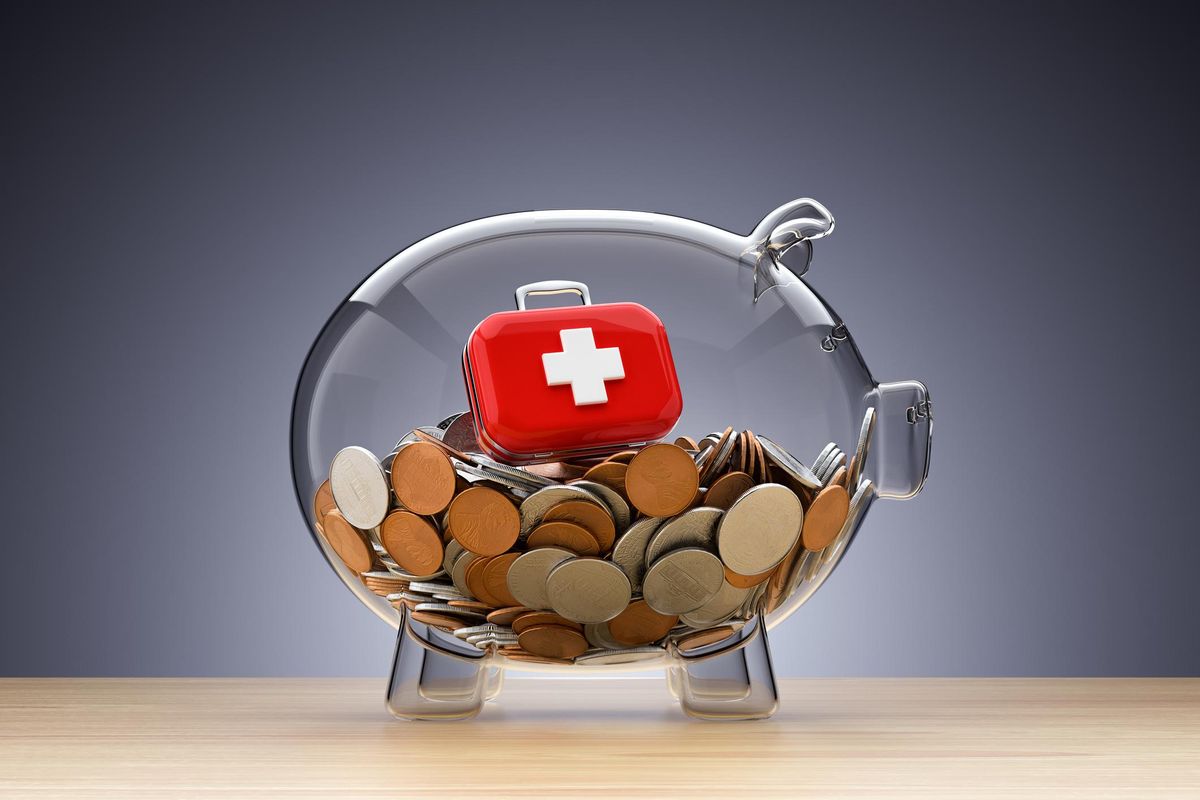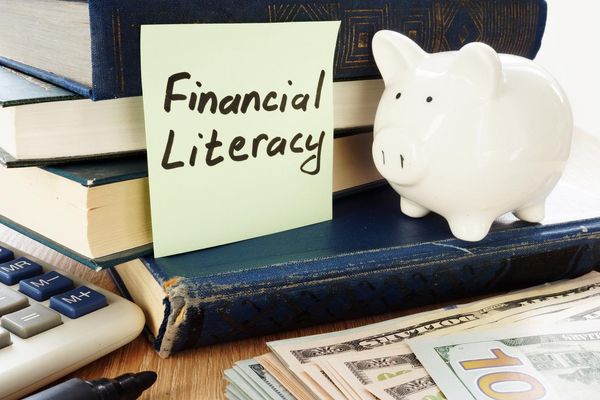Four years ago, Jennifer Presley found herself facing a financial nightmare.
The single mother of two was refurbishing a home in Glen Allen, Virginia, with her boyfriend, a contractor. The two soon realized much of the home was unsalvageable, and things went from bad to worse when her boyfriend was injured on another job, breaking 17 bones in his body and stopping the rebuild completely. During his recovery process, he took opioids for the pain, but after doctors stopped prescribing them, Presley said he got violent.
Trapped in a vise between domestic violence and financial stress, Presley began experiencing stroke-like symptoms: Her vision turned blurry, she had pain in one of her arms and she was overcome with dizziness and lightheadedness. Eventually, Presley relented and visited urgent care and then the emergency room.
It was a costly decision. Combined, her bills totaled over $6,000. Ultimately, doctors found nothing, relating it to stress. Around the same time, her son broke his arm, only adding to the piling medical bills.
Four years later, she's still paying them off. Presley says the financial pressure has resulted in many health issues, including weight gain and thyroid and autoimmune issues. She also doesn't see any end in sight. Presley recently became a caregiver to three of her nieces and nephews, putting her under even more financial pressure.
Presley isn't alone. According to the 2018 Everyday Health United States Of Stress survey, financial worries were the number-one stressor across all age groups in America. That can lead to a whole host of health problems, according to Stacy Francis, president and CEO of Francis Financial and founder of Savvy Ladies, an educational organization that empowers women to take control of their finances.
"It can be devastating," Francis said. "The average American does not even have $500 in their bank account to be able to pay for an emergency. So you take that, and you compound that when you have a medical situation, and unfortunately, what will happen is that there will be a medical crisis that then leads to a financial crisis."
Those crises can be compounded by further health challenges, including anxiety, headaches, depression, compromised immune systems and even sleep loss. Add in the stress surrounding the Covid-19 pandemic of the last 18 months, and many Americans' — specifically women's — mental and financial well-being has hit rock bottom.
According to MetLife, which polled more than 2,600 full-time workers as part of its 19th annual U.S. Employee Benefits Trends Study, women's mental, physical, social and financial health have fallen significantly since April 2020. The same poll showed that, for men, the measurements have remained essentially the same, suggesting women felt far more burdened by money and job stress. Financial health was the most significant issue for women, with nearly six in 10 female workers reporting a concern in this category.
The data reveals the enormous strain the pandemic had for working women.
"It was the fiscal piece, but it was particularly women who are caretakers — being stretched. We already see there being somewhat of a difference when there is a couple, and they're both working," Francis explained. "The woman still ends up taking over a large percentage of household duties. And that, unfortunately, became really magnified. And all of a sudden, women had to become schoolteachers, snack preparers, homework study buddies and, you know, everything along with it. And I think what's really hard is that a lot of women voluntarily left the workforce because it was too much."
It's not always easy, but taking strides to improve financial health has both physical and mental benefits. According to Self, a tool that helps people build their financial future, people report that improving their financial health helped alleviate physical problems they had experienced because of debt and poor credit. Self also noted 81% of people find other goals easier to achieve when finances are in order.
Francis offered a few ways a person can improve their financial health. She suggests, first, each person take the time to understand where they are financially and what their financial vitals are; this will help a person create a plan. Second, Francis recommends creating a three- to six-month emergency fund for living expenses, if possible. Third, she says people need to make sure they are working to save toward retirement — ideally 15% of income each year. She also said working to save and buy a home will help build financial health through real estate. And paying down credit card debt is a must because credit card debt and overspending is the number one killer of financial security.
"You may not be able to pay 15% of your income toward retirement, and you may be paying down credit card debt, but it doesn't mean that you're destined for financial insecurity for the rest of your life. It just means in both of these situations, to take stock of where you're at, and make those tweaks to get you on the right track," Francis said.
"It doesn't happen overnight. It's like losing weight. These things don't happen quickly," Francis said. "The financial side doesn't either. But all those little steps are steps and will make a big difference."
Francis added that improving a person's finances is a commitment that involves change, reevaluating and continually investing in education to help keep a person on the right track, making the right decisions about their finances.
There is much education to be found about this topic, including an upcoming panel Francis is co-hosting with HealthyWomen CEO Beth Battaglino. "Her Health & Money: Navigating Women's Health & Creating the Financial Roadmap to Live a Healthy Life," will be held virtually on July 15 and will discuss how finances and wellness are linked to well-being and how to avoid debt and financial distress.
It's aimed at women — women like Presley — as they work for financial freedom and improved health.
"It's related. When my finances are in order, I feel better," Presley said.
- How to Manage Common Causes of Stress ›
- 5 Tips for Financial Wellness ›
- The Cost of Cancer: The Impact of Cancer-Related Financial ... ›
- 3 Easy Things Every Woman Can Do to Avoid Financial Stress ... ›
- Financial Stress Affecting Sex Life - HealthyWomen ›






